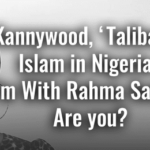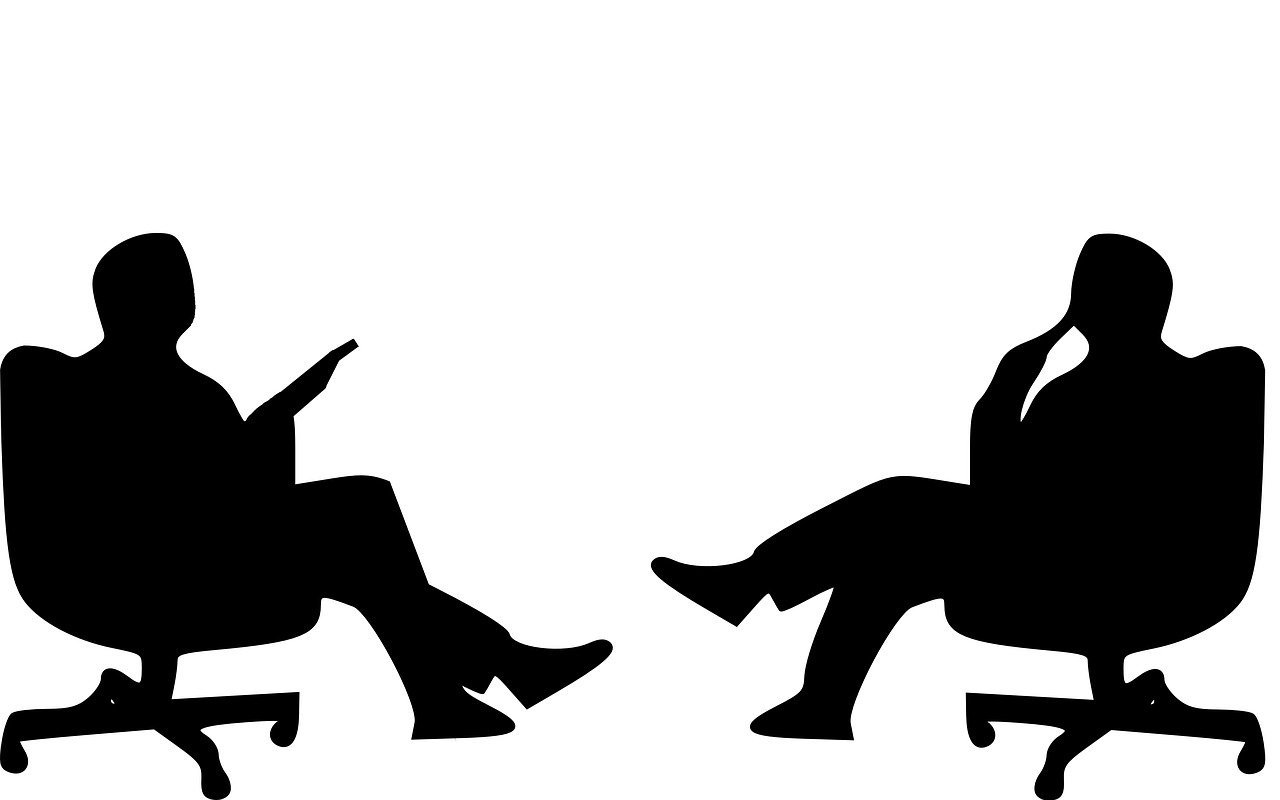Scott Douglas Jacobsen: If you do define as a progressive, how do you define this? How do you implement this in your own life?
I try to think about my actions and their effects. I try not to do things just because they are the ‘done’ thing. Actions can have wider consequences that are not always apparent until you look deeper. I put my conscience before my culture.
For example, I’m Jewish. Jewish people tend to circumcise their sons. Is it right my culture expects irreversible surgery, causing trauma to a defenseless baby by those that love him the most? In my opinion not.
Not enough people think about their actions. Humanism encourages this kind of action. It is surprising how much we agree on; when we put the onus on the individual to think about ethics and make decisions. There is a correlation with being vegetarian, because we consider the impacts. Is it right? Is it right to eat meat?
Did you grow up in a Judaism and then renounce the faith, or in an ethnically Jewish home and not have religion discussed in the home?
Neither, I grew up in a small village in Yorkshire. Virtually everyone is Christian, white and British. I was different. My mum is Jewish. She stopped practicing when she married my dad. My dad is and outspoken Atheist.
Aged 4, my parents sent me to school with a letter. They asked for me not to have to pray when everybody else did. So, I was marked as the non-religious kid. The only one in a school of 200.
Did this your impact relationships with friends?
Interestingly not, in some ways, it strengthened them. My best friend’s dad was the vicar that visited my primary school. At that age, I didn’t think anybody actually believed in God. It seemed like the thing to pretend to believe in.
I never thought people believed in Santa Claus or the Tooth fairy either. Even to a child, I thought religion and Christmas were a silly game of pretend. My best friend really does believe and that was a huge shock to me. When she met me, she couldn’t believe people wouldn’t believe in God. This lead to a lot of conversations. Almost 20 years later we are still debating, with no hard feelings. She even gave me the honor of being one of her bridesmaids.
You took on the role of leading IHEYO. What is IHEYO. How did you earn that role?
IHEYO is the International Humanist and Ethical Youth Organization. It is the umbrella organization for non-religious youth organizations in the world. IHEYO is for people aged 18-35. For instance, the British Humanist Association’s youth wing is a member.
My first role was Secretary of the Atheist Society at my university. I later became involved in the AHS, which is the National Federation of Atheist, Humanist and Secularist Student Societies. I was also the Secretary for it.
Through it, I found out about IHEYO. A few years later, I was unwell. It was difficult for me to leave the house. A contact from the AHS told me, “IHEYO needs a Treasurer.” It was perfect. I had always wanted a Treasurer role and I didn’t need to leave the house to be a part of it.
When my 2-year term as Treasurer finished, I ran for President and served for another 2.
What have been the impacts of humanist organizations? What have you gained from them?
The personal and wider effect of humanist organizations is very big. For me, before university, I had never had any non-religious friends. Being involved in IHEYO was amazing. I have made friends all over the world. I loved all the human relationships with truly inspirational people.
Humanist organizations are important. They provide a space for people that do not have a belief in to be themselves. We have a specific worldview. It is difficult to go back. We are a huge force for good in the world. There are humanists in almost every country campaigning for positive change. For instance, in Ghana and Nigeria they campaign against witchcraft accusations. In Nepal and Uganda, they have a huge focus on education and have humanist schools. In the Philippines they provide free healthcare and in India they campaign against false healers.
IHEYO has changed my worldview. Many people I’ve met through IHEYO have very different background to me, yet we often have more in common that I have with friends I grew up with. I discovered common humanist views.
I have been vegetarian since I was allowed (aged 16). Finally, I met other that are vegetarian for the same rational reasons as I. I get a huge sense of belonging from connecting with people who also ethically think about every decision in their lives. Now I have people I can discuss ethical dilemmas with. That’s been big for me.
What is the importance of a socially progressive outlook?
It is important because if societies continue to do what they’ve always done, the damage continues. Social progressivism is the means to achieve utopia or true equality. I’m not saying we will reach it. I am saying it is something to aim for. There are things in this world we all don’t like; we are the people seeking to change it. You need to be progressive and challenge things.
Where I grew up, it was racist, homophobic, and sexist. The corner shop had a racist nick-name, because the family that ran it aren’t white. Being called ‘gay’ was an insult and boys were pressured to be macho and girls were expected to live for male attention. Challenging all viewpoints is important. Even things that on first examination seen innocuous, might not be after further thought. Such as the view that girls play with baby dolls and boys with lego. It sounds small, but I see that as huge. It pushes unhealthy social ideals into children. Being a parent isn’t exclusive to women. By saying babies are for girls, further down the line, are men going to take an equal share of child care?
Where do you see areas of regression through encroachment of religious institutions on state issues, individually or collectively, in the UK?
This is an interesting one. My experience of Christianity is very different than my father experience being a Christian in the 50s and 60s. He feels one in their right mind rejects evolution because, when he was growing up, Christians tended to accept it.
Whereas, for my generation, there’s a huge influx of the Pentecostals, the Evangelicals, who believe in faith healings and the anti-science. We are going backwards there. People denying evolution.
That’s a real issue.
I see a convergence of political, religious and scientific issues. For example, the politicization of science and religion, where the political discourse involves theological and scientific content.
We have a lot of faith schools here in the UK. They are schools with a specific faith. All 3 I went to were Christian. I learned the Lord’s Prayer off by heart and was taught that the bible was historical facts, backed up by science. When I went to school, schools, by law, could discriminate 50% of the schools’ students.
Now, there is a proposal for 100% discrimination. I’m worried. There are zero Jewish schools, or Humanist schools in my area. I am currently looking for a family home here, with the plan of having a family, I have to look at primary schools and am afraid because I don’t know how much schools will be put off accepting my children. Why? I am not a churchgoer.
Do you have any advice for humanists, secularists, agnostics, and so on, that might be going through similar tough considerations about their own future?
The British Humanist Association is a great organization. They do great work. It has full-time staff member that campaigns solely to end faith schools. This is such a huge thing. You should join the British Humanist Association and get in touch whenever you experience any form of discrimination due not being the ‘right’ religion.
Thank you for your time, Nicola.








Article Discussion